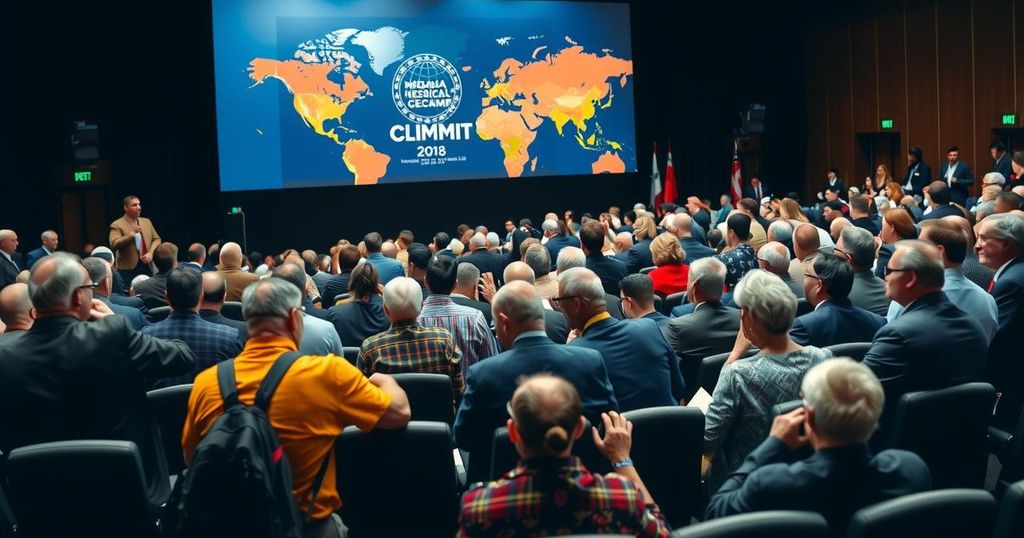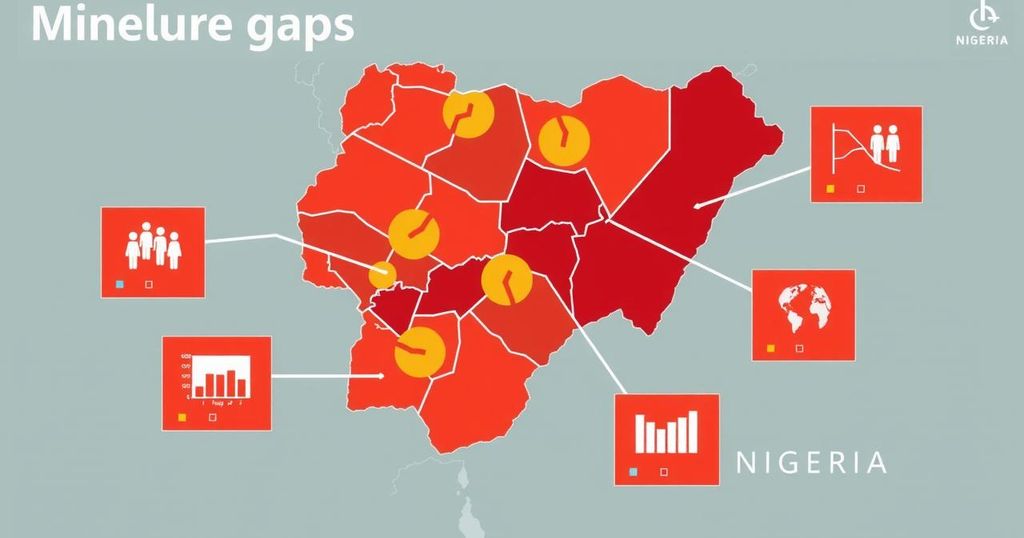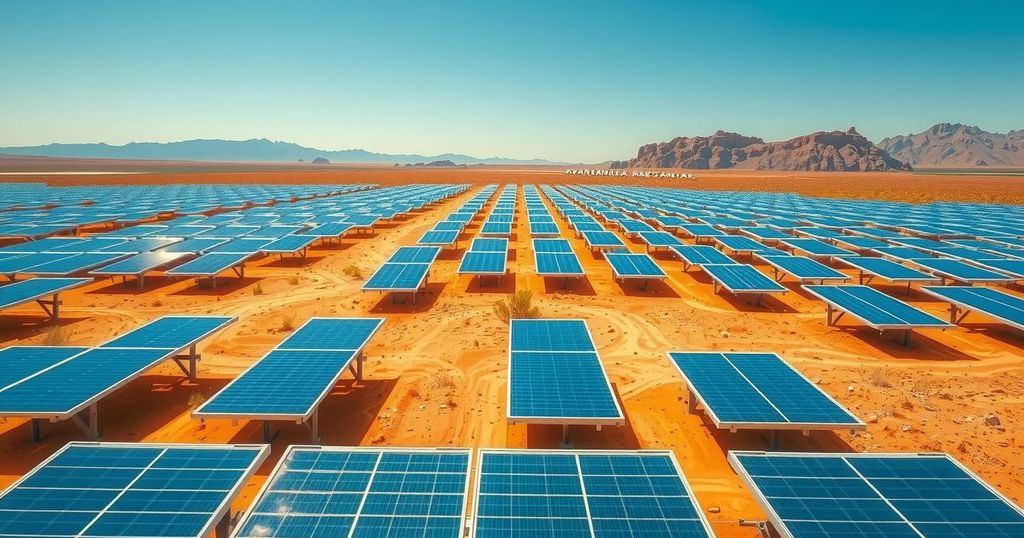Climate change
ASIA, AZERBAIJAN, BAKU, BRAZIL, CHINA, CLIMATE CHANGE, CLIMATE JUSTICE, DONALD TRUMP, ECONOMIC RESILIENCE, ENVIRONMENTAL POLICY, EUROPE, GROUP OF 20, INTERNATIONAL COOPERATION, LU, LUIZ INACIO LULA DA SILVA, MEXICO, NORTH AMERICA, PARIS AGREEMENT, RIO DE JANEIRO, SOUTH AMERICA, U. S
Marcus Li
0 Comments
G20 Leaders Focus on Climate Action Amid Global Negotiations
Leaders of the G20 convened to discuss sustainable development and climate action, aiming to enhance negotiations at COP29 in Azerbaijan. They called for a substantial increase in climate finance and acknowledged the challenge of determining specific contributions from richer nations. The necessity for a legal treaty on plastic pollution was also emphasized, underlining the G20’s pivotal role in shaping global responses to climate change.
On Tuesday, leaders of the Group of 20 (G20) major economies convened to engage in discussions regarding sustainable development and the transition to cleaner energy. Their objective is to bolster efforts towards a successful global consensus on climate action amid the United Nations climate negotiations taking place in Azerbaijan. The host of COP29 emphasized the necessity for G20 nations to convey a strong commitment to addressing climate change, particularly as the talks faced challenges in Baku. With predictions indicating that this year may be the warmest on record, G20 leaders are under pressure to reaffirm their dedication to the climate agenda before the potential return of Donald Trump to the presidency in January. His previous administration signaled intentions to withdraw from the Paris Agreement, raising concerns about the future of U.S. participation in global climate initiatives. In a statement released late Monday, G20 leaders urged for a significant ramp-up in climate finance, advocating an increase from millions to trillions to support climate action. The leaders underscored the need for negotiators at COP29 to establish a financial target detailing the contributions that wealthier nations must deliver to support developing countries in addressing climate impacts. While the G20 acknowledged the need for a resolution regarding climate finance, the statement did not delineate a specific approach or solution for implementation. Economists propose that the financial goal should meet at least $1 trillion annually. Developed nations contend that the contributor base needs to expand to encompass wealthier developing countries like China, as well as affluent Middle Eastern nations to secure a more ambitious agreement. In contrast, developing countries, such as the G20 host Brazil, have expressed reservations about extending the commitments beyond the historically responsible developed nations. Reports from the G20 negotiations indicated that a proposal suggesting voluntary financial contributions from developing countries had been considered. However, this notion was ultimately excluded from the finalized agreements. During the summit’s inaugural session in Rio de Janeiro, President Luiz Inacio Lula da Silva highlighted the urgent need to confront the evident impacts of climate change globally. With the G20 nations responsible for 85% of the world’s economy and over three-quarters of climate-warming emissions, their decisions are critical in shaping the global climate response. Additionally, the G20 expressed commitment to formulating a legally binding treaty aimed at limiting plastic pollution, with negotiations set to resume next week following an extensive negotiation period.
The discussions among G20 leaders come in the context of escalating global climate challenges as the world approaches potential record-breaking temperatures. The urgency to address climate change is compounded by political shifts, such as the anticipated return of Donald Trump, who previously advocated for the U.S. withdrawal from significant climate agreements. The juxtaposition of developed and developing nations’ perspectives on climate finance and responsibility highlights the complexities of reaching a consensus at international summits. As key players in the global economy and significant contributors to emissions, the G20 countries have a pivotal role in climate negotiations.
In conclusion, the G20 leaders’ recent summit underscored the urgent need for enhanced climate finance and a collective commitment to addressing climate change, particularly in light of upcoming UN negotiations and potential political changes in the United States. The complexities surrounding financial commitments from both developed and developing nations require careful negotiation to foster a more equitable framework surrounding global climate action, while also addressing pressing issues like plastic pollution. Ultimately, the G20’s influence as a major economic bloc positions them as vital in steering the global climate agenda forward.
Original Source: stratnewsglobal.com




Post Comment